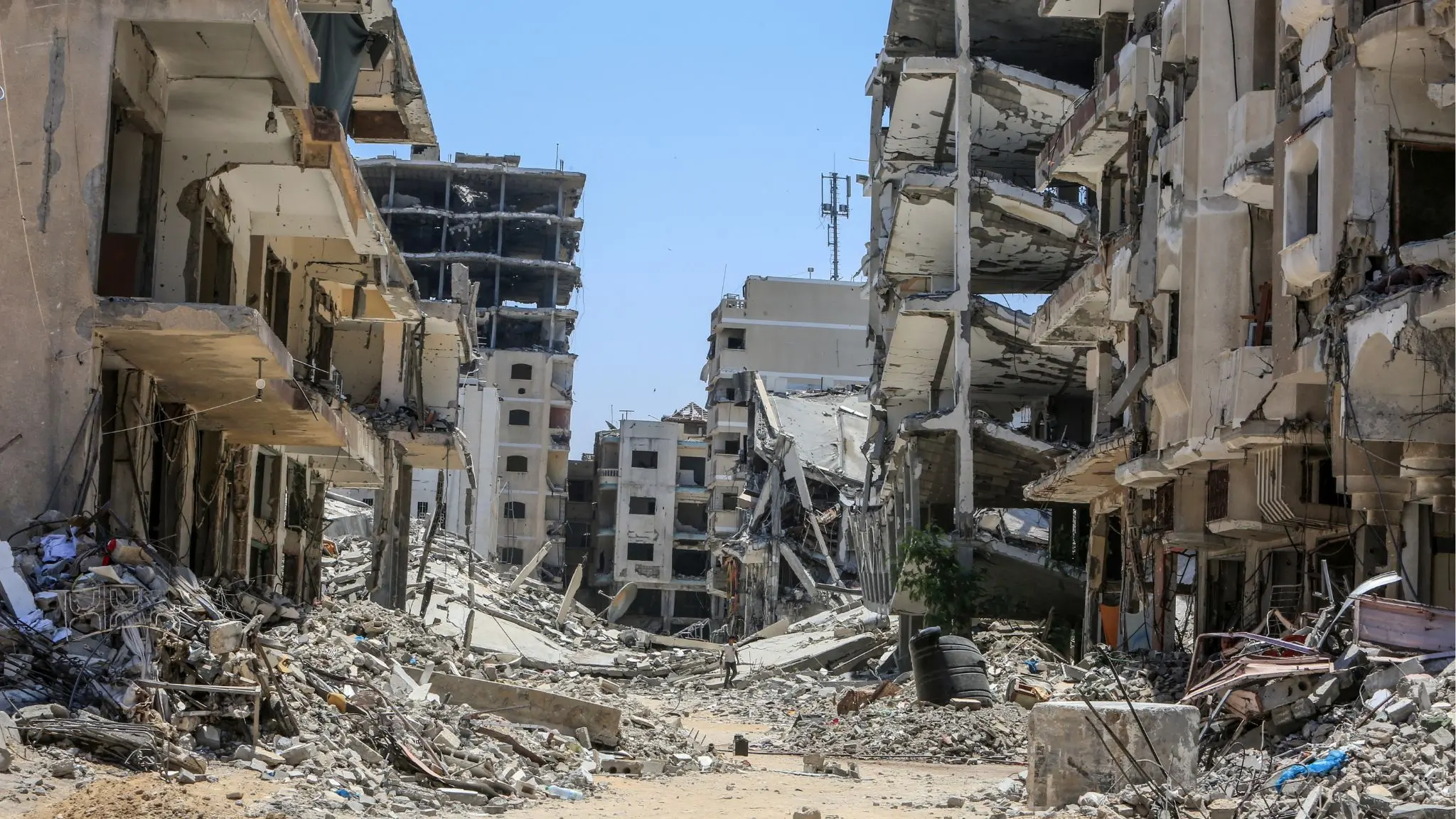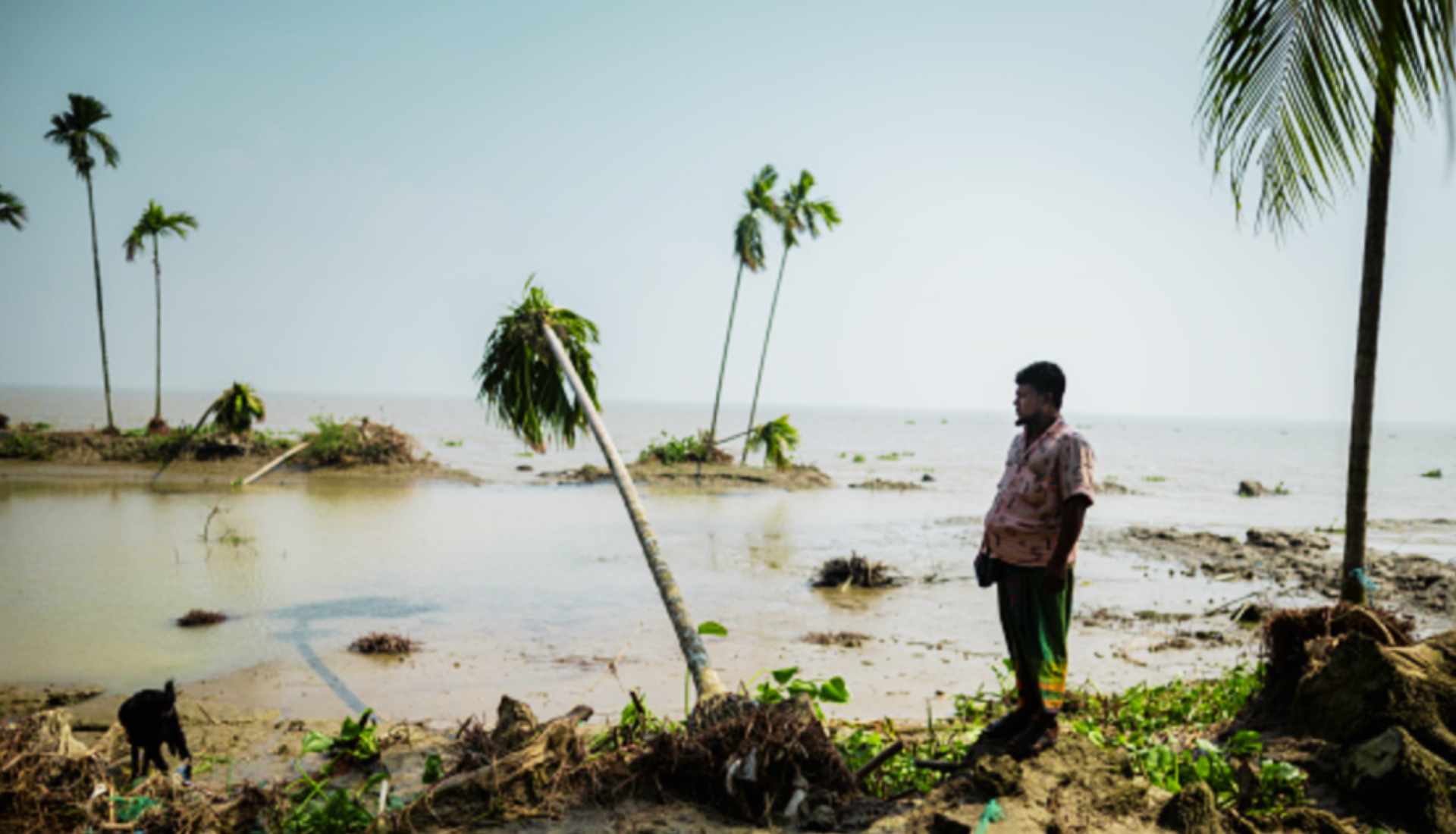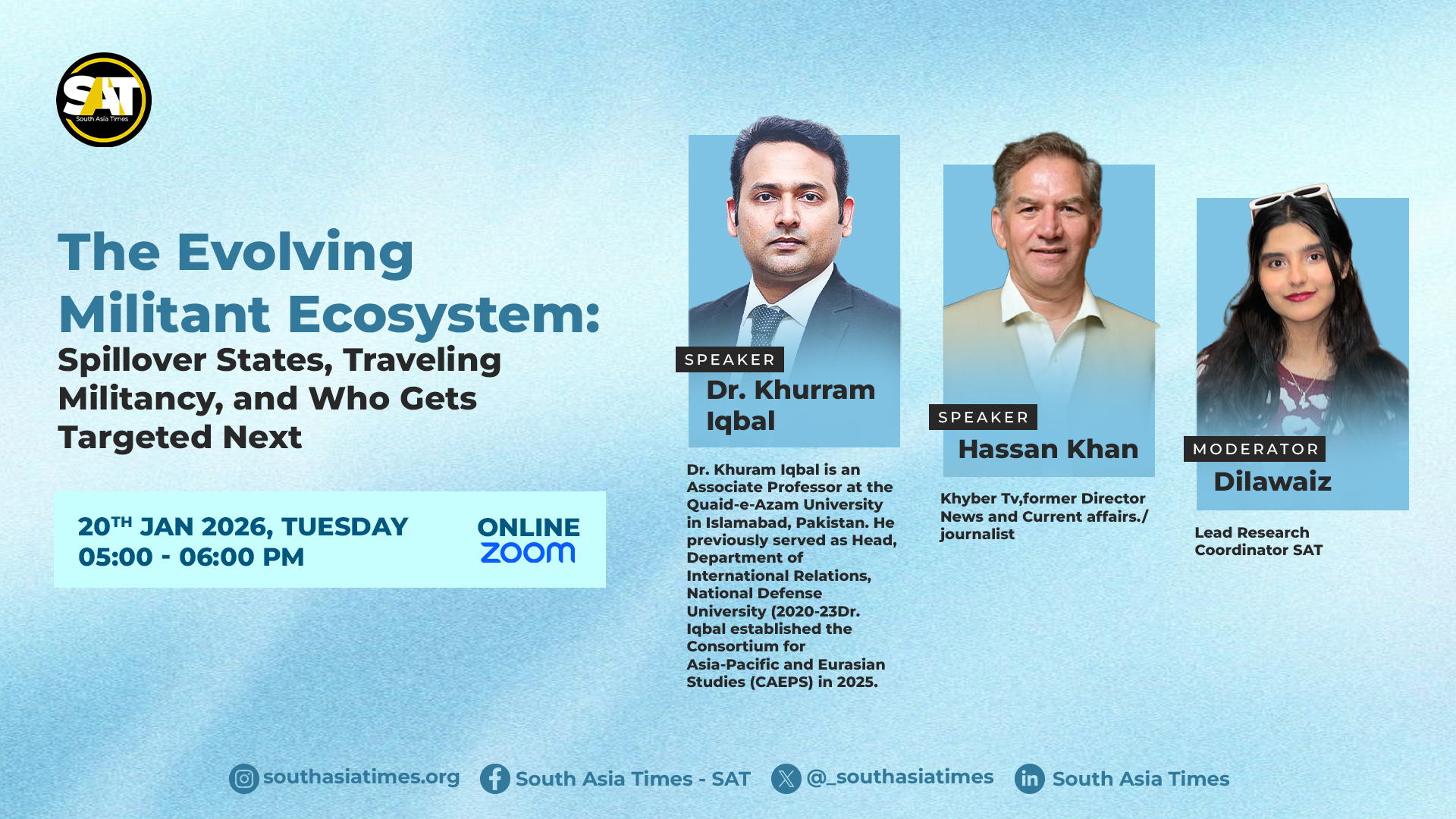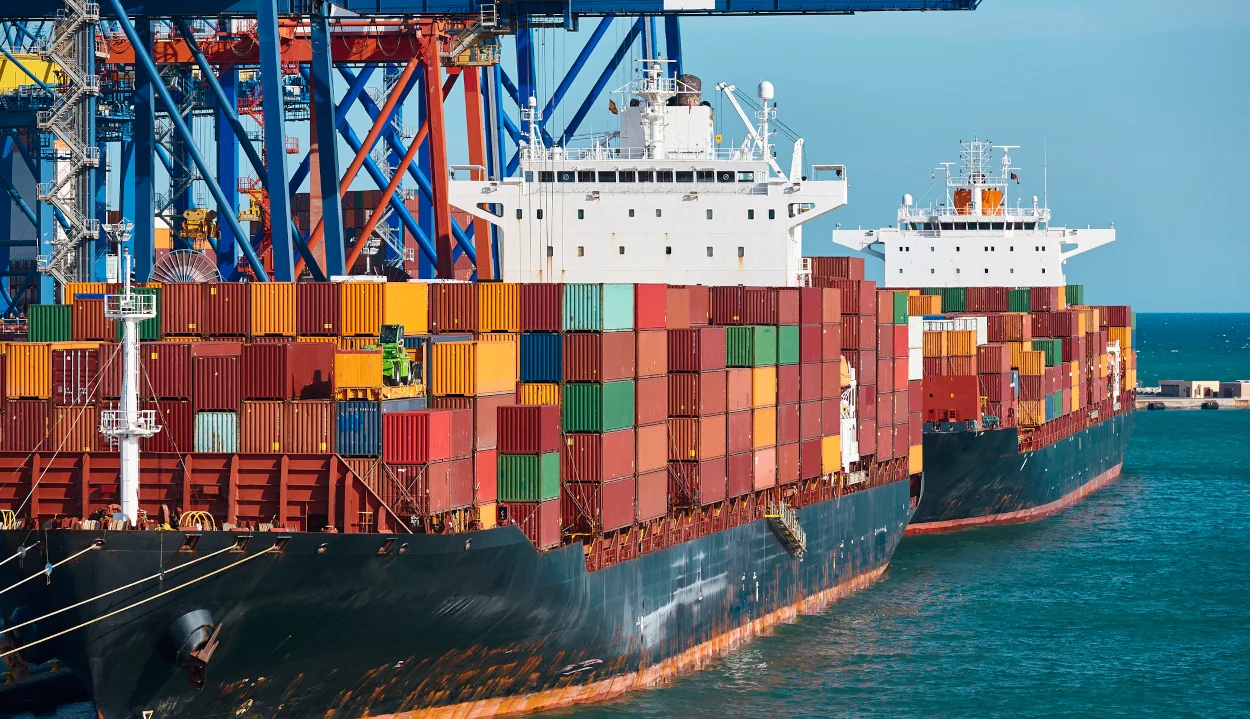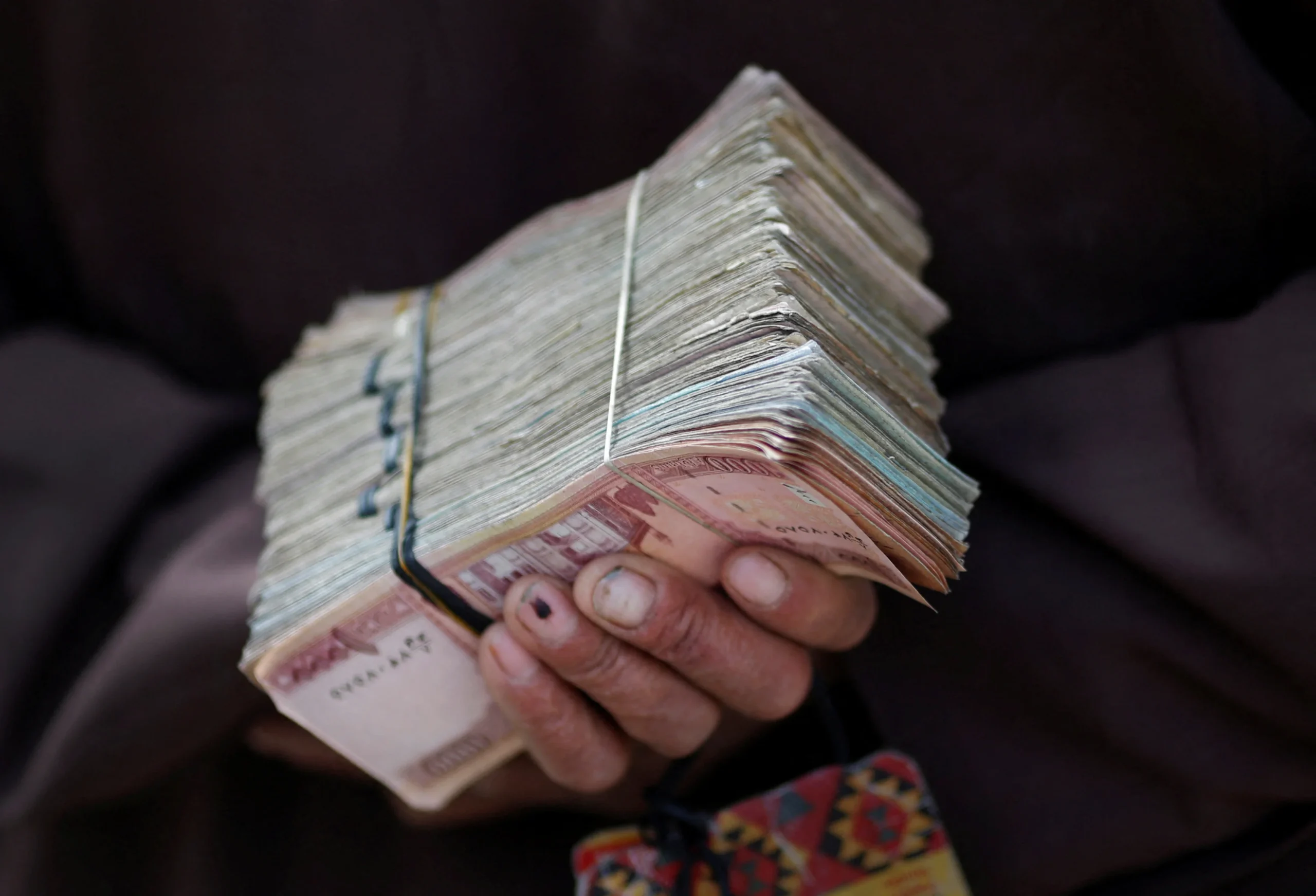ISLAMABAD: Deputy Prime Minister and Foreign Minister Ishaq Dar will travel to Kabul on April 19 (tomorrow) and Dhaka on April 22 on important foreign visits seen as a major breakthrough in the country’s bilateral relations with these two countries, sources said on Thursday.
The sources confirmed to The Express Tribune that Dar would visit Kabul on Saturday (tomorrow), the first visit by any Pakistani foreign minister in three years. Last time any Pakistani top diplomat travelled to the Afghan capital was in October 2021 months after the IEA returned to power in Kabul.
The upcoming visit of Dar to the neighbouring country signals a thaw in the bilateral relations that remained strained for the last couple of years primarily due to Kabul’s reluctance to address Pakistan’s security concerns.
But this week a Pakistani delegation led by Special envoy on Afghanistan Muhammad Sadiq Khan visited Kabul for a crucial meeting of the Joint Coordination Committee (JCC). The meeting, the first in 15 months, managed to pave the way for an apparent breakthrough.
It was for the first time, the sources said, the IEA government had shown willingness and seriousness to address Pakistan’s concerns over the banned Tehreek-e-Taliban Pakistan (TTP). The development has allowed Pakistan to finally decide that it was time the foreign minister travelled to the Afghan capital in order to advance the momentum.
The positive momentum in the relations was confirmed by Ambassador Sadiq on Thursday. “In a welcome development, high-level bilateral engagements with Afghanistan have resumed after a long hiatus,” he wrote on X, a day after visiting Kabul.
“Pakistan, in consultation with Afghanistan, will now work to activate trilateral and multilateral mechanisms including: the Immediate Neighbours+Russia Format, Pakistan-China Trilateral, Pakistan-Uzbekistan Trilateral, and Pakistan-Iran Trilateral,” he added.
“In this context, I held a virtual meeting today with Mr. Yue Xiaoyong, China’s Special Representative for Afghanistan, to explore reviving the trilateral process with Afghanistan and follow up on the previous agenda. The proposal will be discussed with the Afghan government shortly,” he said.
Also See: Bangladesh to Send Uprising Victims to Pakistan for Treatment
Meanwhile, Foreign Minister Dar will travel to Dhaka on April 22 in a significant development highlighting growing ties between the two countries. This was the first visit by any Pakistani foreign minister to Bangladesh since 2012.
Ahead of the crucial visit, Pakistan and Bangladesh on Thursday resumed crucial political consultations after a long gap of 15 years. “The 6th round of Foreign Secretary Level Consultations took place at Dhaka today after a hiatus of 15 years,” read a statement issued here by the Foreign Office.
This news is sourced from The Express Tribune and is intended for informational purposes only.

![Visits of Ishaq Dar to Kabul and Dhaka signal breakthrough in Pakistan's relations with Afghanistan and Bangladesh. [Image via The Express Tribune]](https://southasiatimes.org/wp-content/uploads/2025/04/senator-muhammad-ishaq-dar-11739817548-0.webp)
